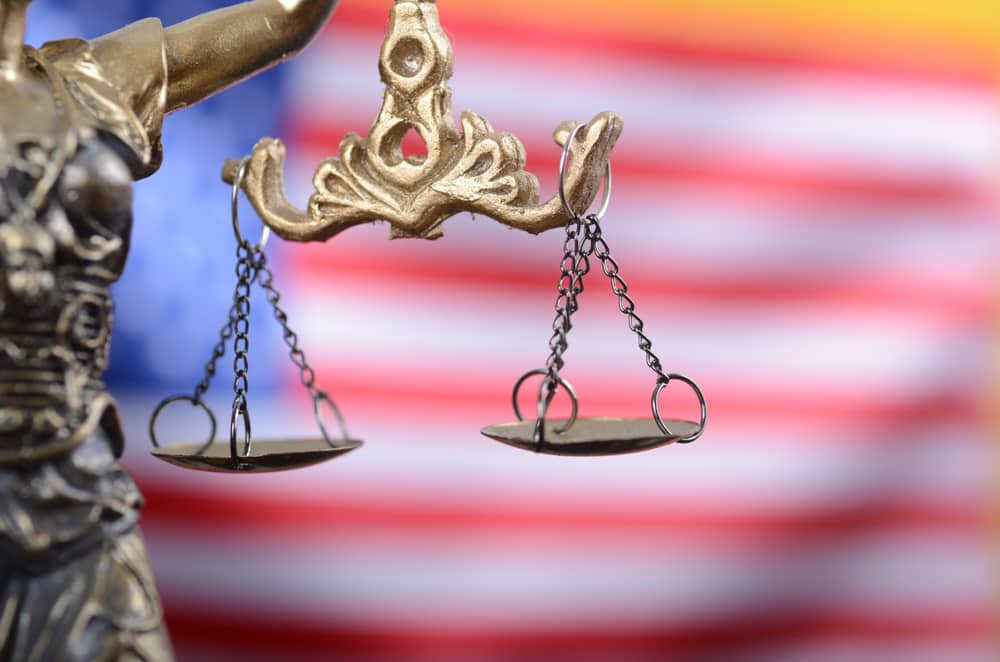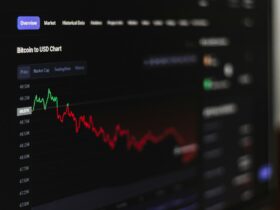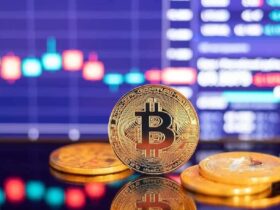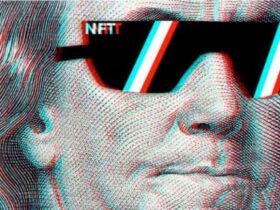As the summary judgment approaches in the high-stakes legal battle between Ripple and the Securities and Exchange Commission (SEC) legal experts continue to speculate about the potential outcome. While the final verdict remains, uncertain, valuable insights can be gathered into possible resolutions from other ongoing legal disputes involving similar firms.
In this line, Stuart Alderoty, chief legal officer of Ripple, in a tweet on May 19, shared a significant development that could potentially reshape the interpretation of securities laws in the digital age.
Alderoty highlighted a recent Twitter opinion by the Supreme Court, emphasizing the crucial role of adapting legal factors from previous cases to suit the evolving landscape of the new world. This recognition aligns with Ripple’s central argument, asserting that the Howey test and its accompanying statute should be interpreted within the common law framework.
Implication of Supreme Court decision
It can therefore be interpreted that Ripple perceives this acknowledgment from the highest court as a powerful affirmation that bolsters its position.
At the heart of Ripple’s legal argument lies the proposition that an “investment contract,” as defined by the Howey test, requires a contractual agreement for an investment that grants post-sale rights to the purchaser while imposing corresponding obligations on the seller.
By emphasizing the influence of common law on the interpretation of the statute, Ripple aims to establish that XRP does not fall under the SEC’s jurisdiction as a security.
As reported by Finbold, Alderoty had criticized the SEC’s position on the “common enterprise” argument, referring to the regulator’s unsuccessful argument in the 1946 Supreme Court “Howey” case.
The SEC contended that a “common enterprise” was not essential if a “community of interest” existed, but the Supreme Court rejected this argument. Alderoty highlighted that the SEC was mistaken in the past and continues to be incorrect in its assessment of XRP.
The Supreme Court’s recognition that legal factors must be adapted to the modern world could have far-reaching consequences for Ripple and the broader cryptocurrency industry.
Unsealing Hinman documents
Additionally, during the court proceedings, a significant point of contention has been the unsealing of the Hinman documents, which provide insight into how the regulator initially categorized cryptocurrencies such as Bitcoin (BTC) and Ethereum (ETH) as securities.
Ripple achieved a significant victory when the SEC’s request to seal the documents was denied. Accordingly, following the court’s previous directive, the documents are set to be unsealed on June 6.
In the latest development, defense lawyer James Filan, in a tweet on May 19, revealed that both parties had filed a joint letter requesting a one-week extension. They are seeking additional time until June 13, 2023, to submit public and unredacted versions of their cross-motions for summary judgment, along with the accompanying exhibits, including the Hinman materials.
Since December 2020, Ripple has been embroiled in a legal battle with the SEC, which filed a lawsuit alleging that Ripple conducted an unregistered securities offering worth $1.3 billion through the sale of XRP tokens.
In the meantime, XRP continues to trade in tandem with the general market. By press time, XRP was valued at $0.47 with weekly gains of about 9%.
















Leave a Reply